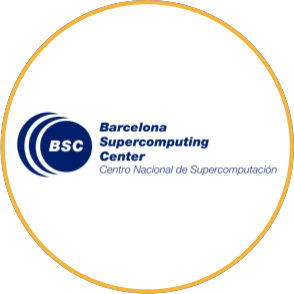Uncertainty in CovidSim epidemic simulation
CovidSim, the model used to inform the UK Government’s response to the pandemic has been analyzed by researchers at UCL, Brunel University, the CWI institute in the Netherlands, the Poznan Supercomputing and Network Center and the University of Amsterdam, and has been found to contain a large degree of uncertainty in its predictions, leading it…



